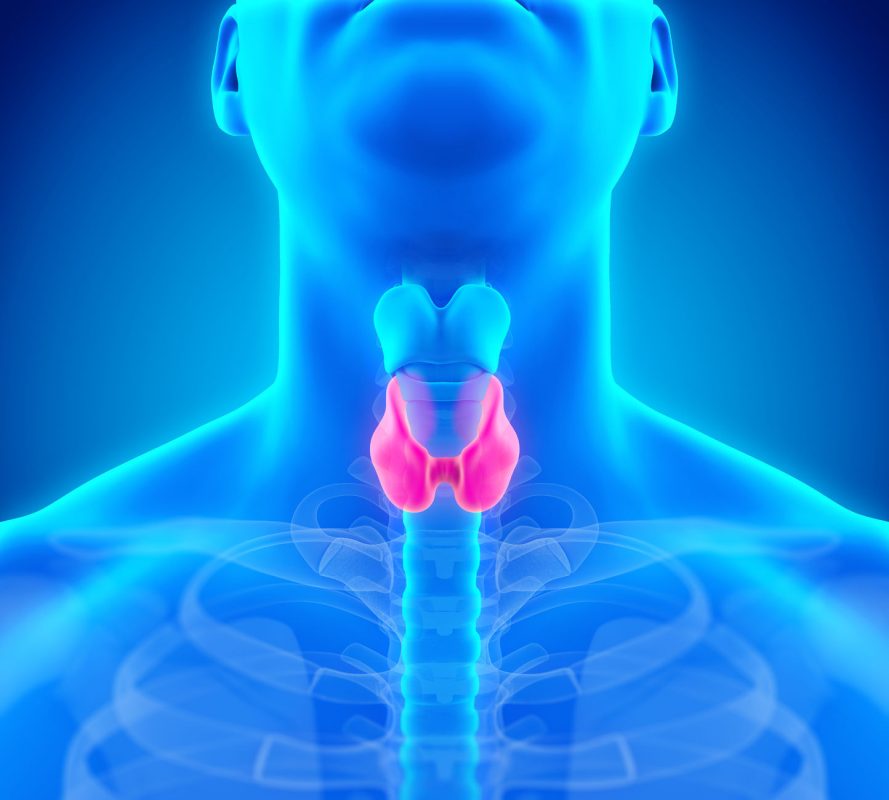Hashimoto’s
Hashimoto’s thyroiditis, also known as chronic lymphocytic thyroiditis, is an autoimmune disorder where the immune system attacks the thyroid gland, leading to inflammation and, over time, a decrease in thyroid function (hypothyroidism). Here are some key aspects of Hashimoto’s:
- Development and Causes:
- Hashimoto’s thyroiditis can develop at any age but is most common in middle-aged women.
- The exact cause is not fully understood, but it is believed to involve a combination of genetic and environmental factors.
- Factors such as genetics, hormonal changes, excessive iodine intake, and certain medications may contribute.
- Prevention:
- As the exact cause is not known, preventing Hashimoto’s entirely may not be possible.
- However, managing stress, maintaining a healthy diet, and avoiding excessive iodine intake may help reduce the risk.
- Traditional Treatment:
- The primary treatment for Hashimoto’s thyroiditis is the replacement of thyroid hormones through medication.
- Levothyroxine (Synthroid, Levoxyl) is the most commonly prescribed medication. It provides the body with the thyroid hormone it is not producing adequately.
- Vitamins and Supplements:
- Iodine: While excessive iodine intake may contribute to Hashimoto’s, some individuals with iodine deficiency may benefit from iodine supplementation. However, this should be done under the guidance of a healthcare professional.
- Selenium: Some studies suggest that selenium supplementation may have a positive impact on autoimmune thyroid conditions, including Hashimoto’s.
- Vitamin D: Adequate levels of vitamin D may support overall immune function, and some evidence suggests a link between vitamin D deficiency and autoimmune thyroid disorders.
It’s crucial to note that taking supplements should be discussed with a healthcare provider, as excessive intake of certain nutrients can have adverse effects.
Lifestyle and Dietary Management:
Adopting a balanced and nutrient-dense diet can support overall health.
Managing stress through practices like yoga, meditation, or mindfulness may have a positive impact on autoimmune conditions.
Regular Monitoring:
Individuals with Hashimoto’s thyroiditis typically need regular monitoring of thyroid hormone levels to ensure proper medication dosages.
It’s important to consult with a healthcare professional for personalized advice and treatment based on individual health needs. Hashimoto’s is a chronic condition, and managing it often involves a combination of medication, lifestyle modifications, and regular medical check-ups.
We hope you found the information provided by Thera-Mineral valuable and insightful. At Thera-Mineral, we are dedicated to offering high-quality supplements to support your health and well-being.
If you have any further questions, need additional information, or would like to explore our range of supplements, please don’t hesitate to reach out. You can contact us at our office located at 25216 Grogan’s Park Dr. Suite A, The Woodlands, TX 77380. Our friendly team is ready to assist you by phone at 855-472-2569 or via email at support@theramineral.com.
For your convenience, most supplements are available on our website, theramineral.com. However, if you don’t find a specific product on the site, our dedicated staff can help you place an order, and we’ll ensure it’s delivered to your place of choice.
We appreciate your trust in Thera-Mineral, and we look forward to being a reliable partner on your journey to optimal health. Thank you again for being part of our community!





















